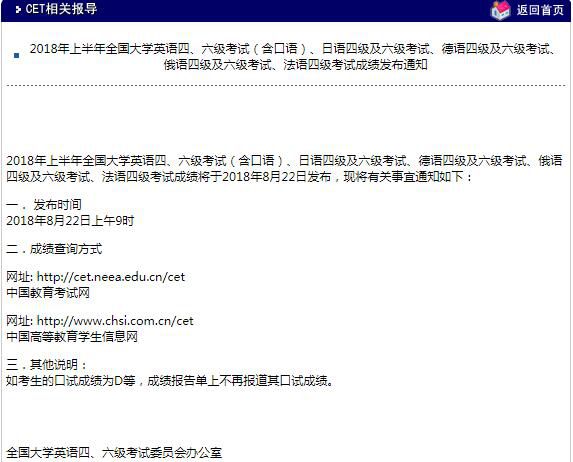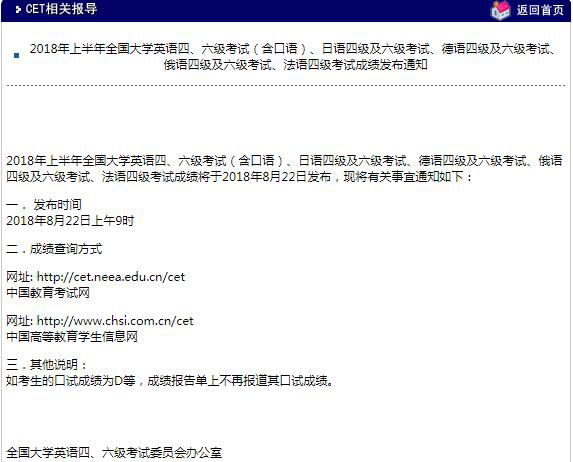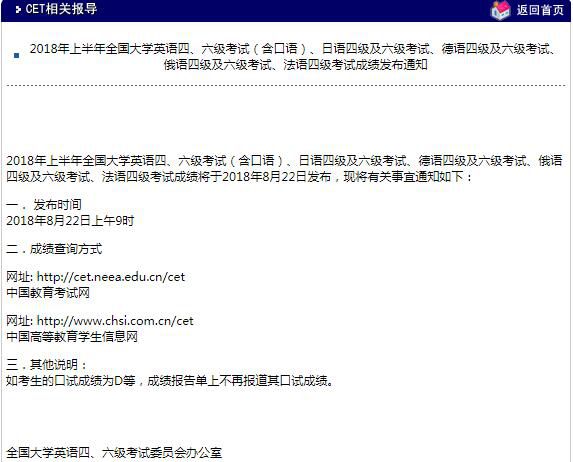Circumcision can lower men's HIV Risk
|
This is the VOA Special English Health Report. AIDS researchers had important news last week. Two studies in Africa confirmed that men who arecircumcisedgreatly reduce their risk of infection with HIV during sex with women. The United States National Institutes of Health announced an early end to the studies because the results were clear. In Kisumu, Kenya, it said, men who underwent circumcision were 53 percent less likely to become infected than uncircumcised men. The other study in Rakai, Uganda, showed a reduction of 48 percent. HIV rates are generally lower in areas of the world where the removal of the foreskin from the penis is common in babies or young boys. Many studies have suggested that male circumcision might help protect against infection with the AIDS virus. But Doctor Anthony Fauci noted that the new findings come from large, carefully controlled studies. Doctor Fauci is the director of the National Institute of Allergy and Infectious Diseases. He says adult male circumcision could also lead to fewer infections in women in areas where HIV is spread mainly through heterosexual sex. Experts say the findings offer hope especially for countries in Africa south of the Sahara. The United Nations estimates that sub-Saharan Africa had close to three million new HIV infections this year. That was about two-thirds of all new infections worldwide. Health experts involved in the studies say they hope circumcision will become one of the basic tools to fight HIV and AIDS. But they expect some barriers. It may be difficult to get men to have the operation, especially if it conflicts with cultural beliefs. Cost is another issue. And it may be difficult to find high-quality medical care so the operation is performed safely. Some people have also expressed concern that circumcision will be given too much weight in the fight against AIDS. They say men might think they can forget about other ways to prevent infection. The National Institutes of Health and the Canadian Institutes of Health Research paid for the studies. Five thousand men took part in Uganda and almost 3,000 in Kenya. The studies were supposed to continue through the middle of next year. Instead, the researchers are now offering circumcisions to the men in the uncircumcised groups in those studies. And that's the VOA Special English Health Report, written by Caty Weaver. You can learn more about AIDS at www.unsv.com. I'm Bob Doughty. circumcise : to remove the prepuce of (a male)(割包皮) |








